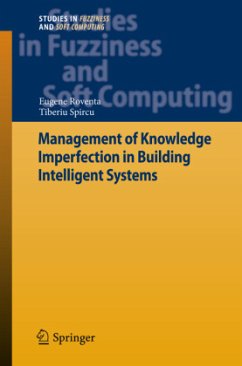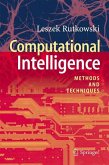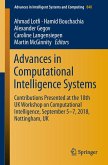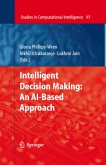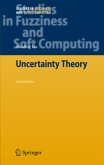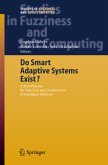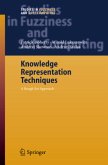There are many good AI books. Usually they consecrate at most one or two chapters to the imprecision knowledge processing. To our knowledge this is among the few books to be entirely dedicated to the treatment of knowledge imperfection when bui- ing intelligent systems. We consider that an entire book should be focused on this important aspect of knowledge processing. The expected audience for this book - cludes undergraduate students in computer science, IT&C, mathematics, business, medicine, etc. , graduates, specialists and researchers in these fields. The subjects treated in the book include expert systems, knowledge representation, reasoning under knowledge Imperfection (Probability Theory, Possibility Theory, Belief Theory, and Approximate Reasoning). Most of the examples discussed in details throughout the book are from the medical domain. Each chapter ends with a set of carefully pe- gogically chosen exercises, which complete solution provided. Their understanding will trigger the comprehension of the theoretical notions, concepts and results. Chapter 1 is dedicated to the review of expert systems. Hence are briefly discussed production rules, structure of ES, reasoning in an ES, and conflict resolution. Chapter 2 treats knowledge representation. That includes the study of the differences between data, information and knowledge, logical systems with focus on predicate calculus, inference rules in classical logic, semantic nets and frames.
Bitte wählen Sie Ihr Anliegen aus.
Rechnungen
Retourenschein anfordern
Bestellstatus
Storno

